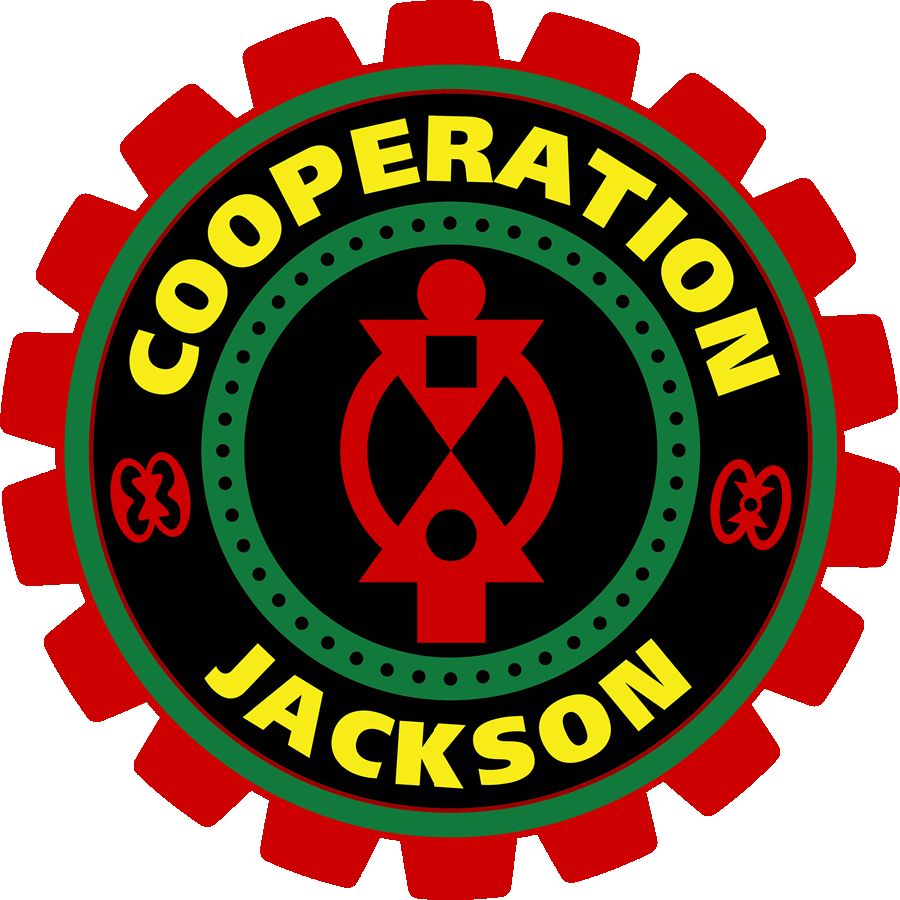Jackson Rising book review from Real Change
/lf someone were looking for an epicenter of radical social change in this country, you might send them to somewhere on the West or East Coasts, maybe Seattle or the Bay Area or Vermont. But would you send them to Jackson, Mississippi?
Yet two of the last three mayors of Jackson have been avowed revolutionary socialists — Chokwe Lumumba, who died abruptly and mysteriously in 2014; and his son, Chokwe Andar Lumumba, who was elected mayor just over a year ago. As Kali Akuno’s introduction puts it, Mississippi is a “weak link” in American capitalism, a place where White supremacy is so virulent that it even interferes with capitalist economic development, making it the poorest state in the country. Jackson, the largest city in White-dominated Mississippi, is almost 90 percent African-American. By the 1990s, Jackson’s city administration was run by African-Americans, all Democrats, who did little, however, to challenge the prevailing power structure.
Chokwe Lumumba didn’t start out trying to get elected to office. He and others in the Malcolm X Grassroots Movement set out to organize the Black community, as well as immigrants and poor Whites, to create a new organization, Cooperation Jackson, as a base for a “solidarity economy” — a series of linked worker, consumer, and housing cooperatives and urban farms that could provide jobs and economic security for poor people, in order to give them the capacity to fight for their rights and challenge capitalism.
Articles in “Jackson Rising” talk about the long history of Black cooperatives, going back to the time of slavery, and how they were endorsed by leaders as diverse as W.E.B. DuBois, A. Phillip Randolph and Fannie Lou Hamer as a means of creating mutual aid that could resist White supremacy in the South. White supremacists, recognizing the threat of Black solidarity, fought the creation of cooperatives in every way they could.
When we think of co-ops in the Northwest, we tend to think of upscale consumer coops like REI or PCC. But the cooperative vision in Jackson has to do with increasing people’s ability to resist, and to educate people in how to run organizations in which they make the decisions. In addition to cooperative businesses and support for unions in capitalist businesses, the effort involved founding “People’s Assemblies” which would draw in a significant proportion of a neighborhood’s population (the goal cited in the book is a minimum of 20 percent) for direct democracy, which would be independent of any organization or government.
It was only as a People’s Assembly took root in West Jackson, a depressed Black neighborhood, that it became obvious that the next step was to gain institutional support by electing Lumumba and others to office. This involved developing a plan for Jackson that went far beyond winning elections — the program of Cooperation Jackson includes a radical vision of transformation and economic development for the city, involving institutional support for participatory budgeting, the creation of new cooperative businesses, making Jackson an ecological city with 100 percent recycling, major solar energy development, and creation of an economic base involving 3-D printing.
It all sounds pretty utopian, and the Cooperation Jackson leaders freely admit that it won’t happen without a lot of outside help. But as the younger Lumumba said during his recent mayoral run, he has no problem with being called radical: “We haven’t found ourselves in the condition we’re in because somebody has been too radical for us...we haven’t been radical enough.”
It’s a measure of the depth of the organizing taking place in Jackson that revolutionaries are being elected to office. But it’s also a measure of the level of desperation — Jackson is facing major problems with its water system and with economic and industrial decline. The Chamber of Commerce has proposed one solution: cuts in city services, tax breaks and “redevelopment” (read “gentrification”) of the Black inner-city neighborhoods. Cooperation Jackson poses an alternative - a tax increase used to increase municipal services; use of city funds to incubate cooperative businesses; local hiring and contracting and a land trust that will preserve the Black community.
As a book, “Jackson Rising” is an uneven collection — part political analysis and program, part journalistic articles. There’s a fair amount of repetition between articles, and the book could have been made more accessible by putting more anecdotal material — journalistic and impressionistic articles — at the beginning, before taking the reader into heavier political discussions. At the same time, as a whole, the effort in Jackson is an inspiration and evidence of what can be done in the poorest of communities to mobilize, educate, and organize a counterweight to predatory capitalism and White supremacy.
“Jackson Rising” is also a call for help. The vision of “solidarity economics” means making links outside of Jackson and creating alternative economic relationships that can help worker- and consumer-owned businesses survive the blows of everything from business downturns to overt political repression. In Mississippi, the stakes couldn’t be higher.
And given the national need to turn so-called red states in a progressive direction, Cooperation Jackson could be one beginning.


